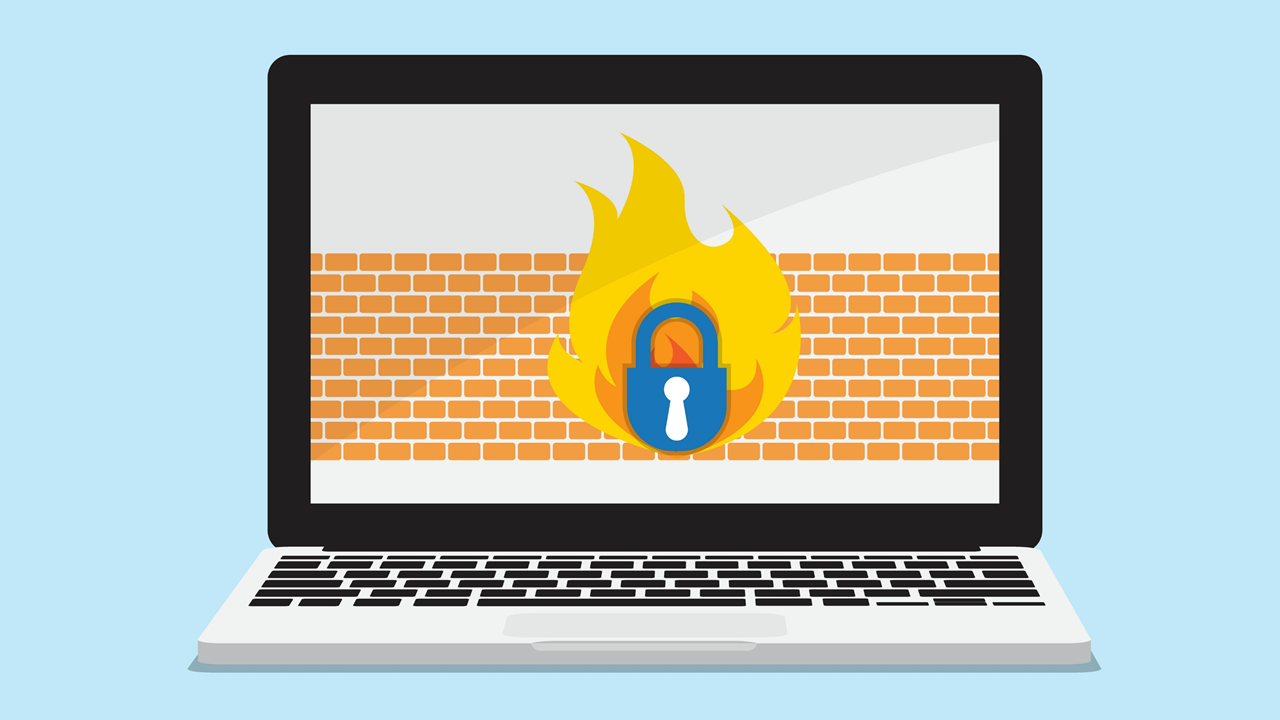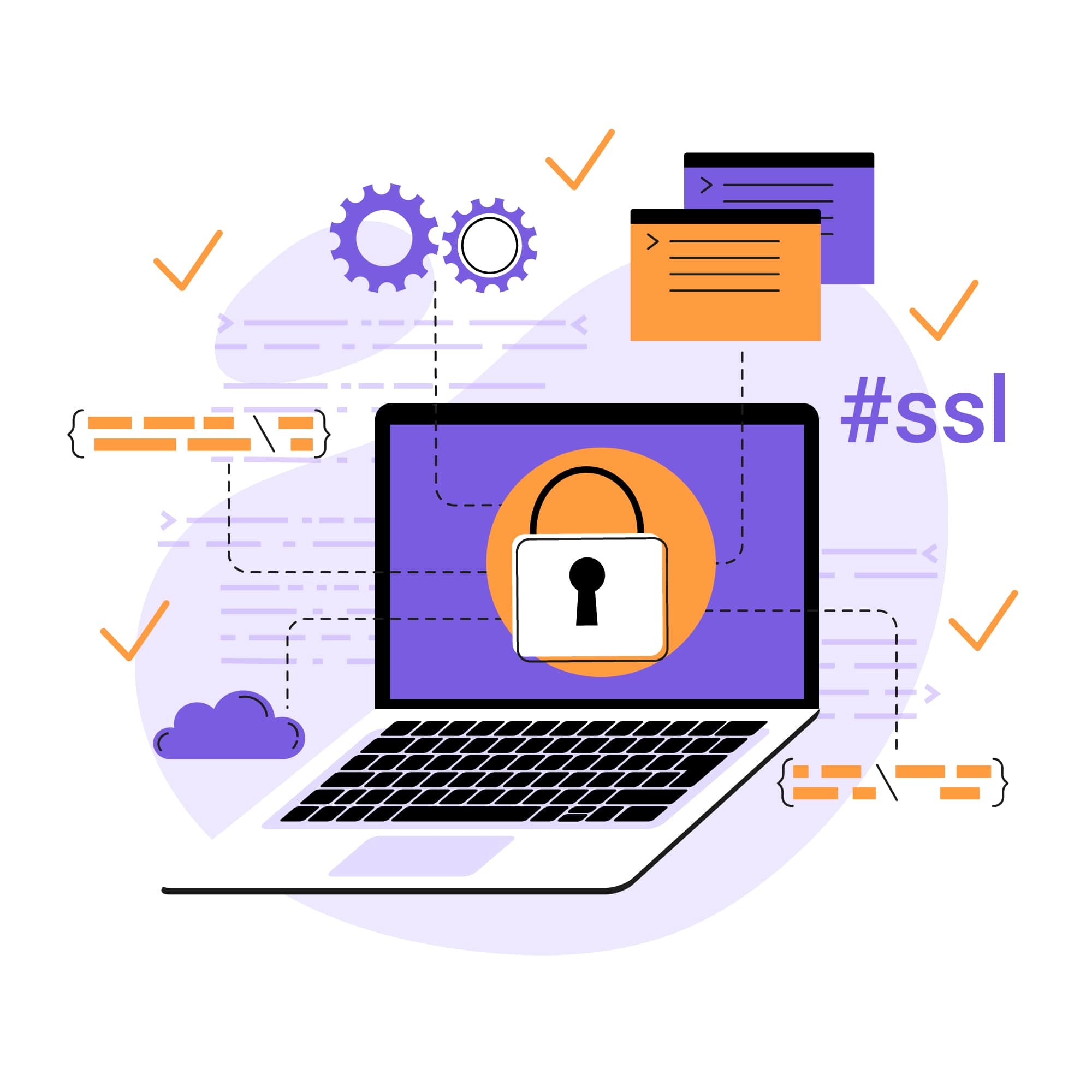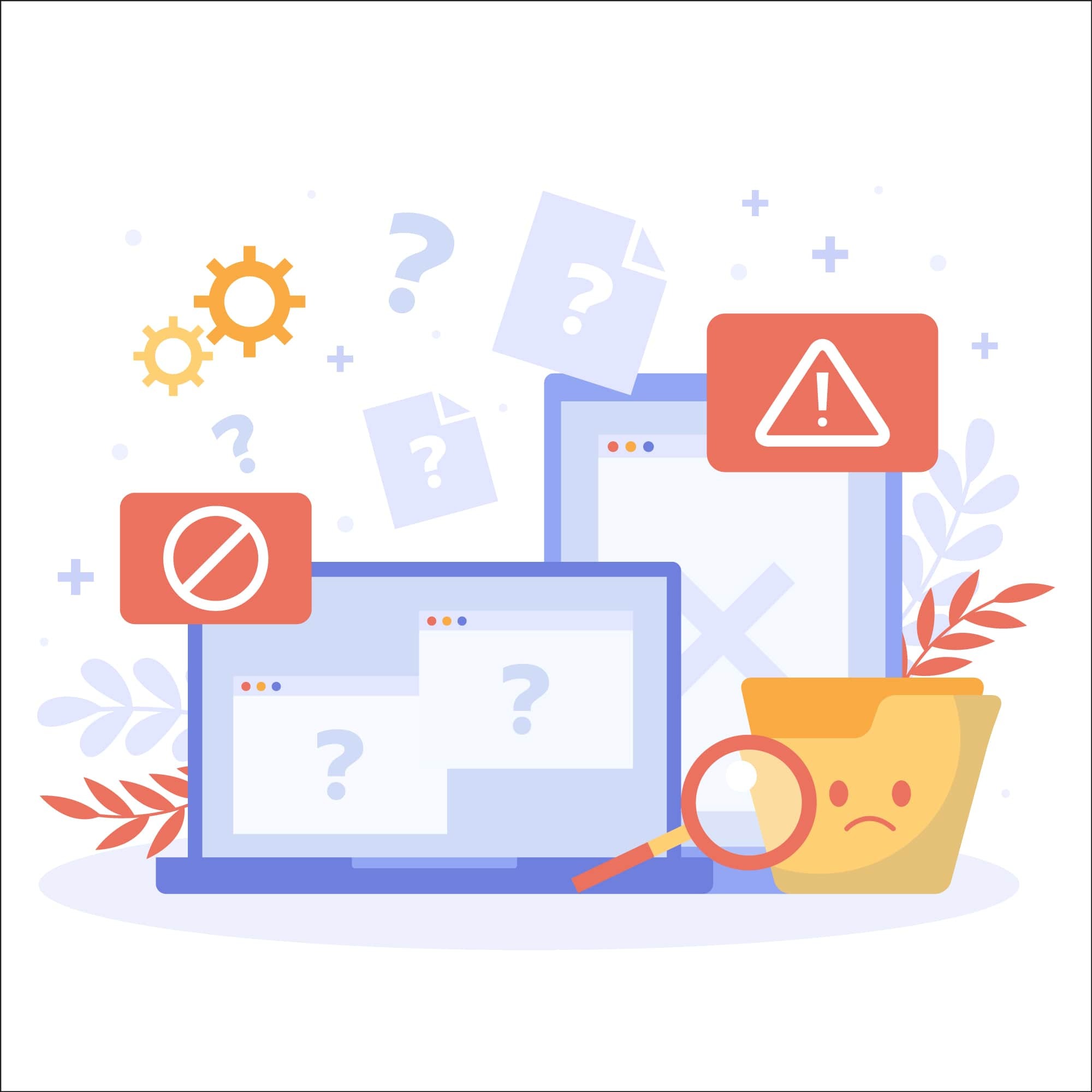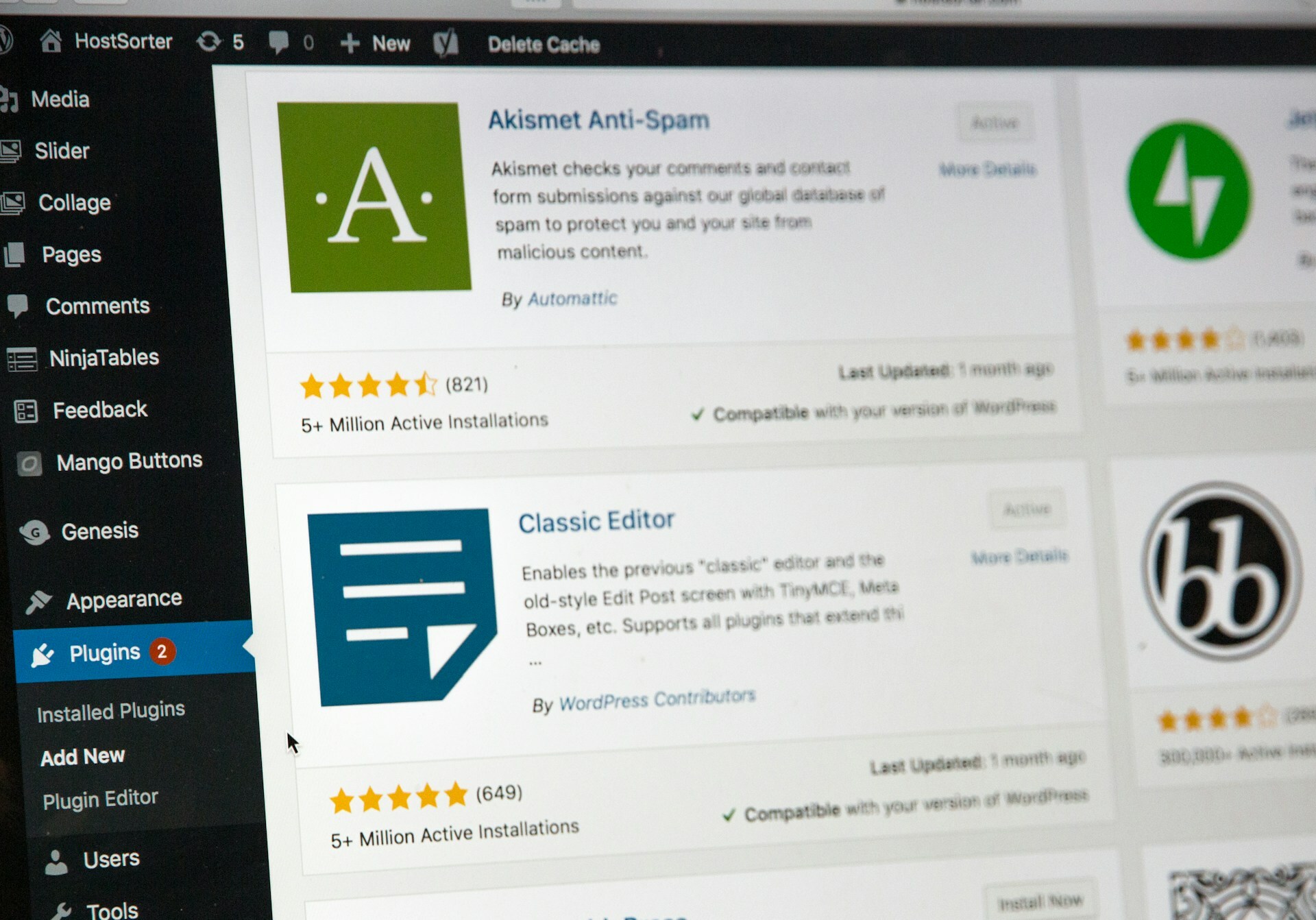
Understanding the Benefits of Web Application Firewalls
With so many possible ways to protect your site from attack, it’s easy to feel overwhelmed—and natural to wonder whether all these defenses are necessary. Here’s why you should consider including a web application firewall (WAF) in your security arsenal.
What is a WAF?
A WAF is a security solution that safeguards web applications and sites from cybercriminals and common attacks. WAFs work by inspecting the HTTP/HTTPS requests and responses that flow between clients (such as web browsers) and web servers. Think of it as a shield that stands between a website and its visitors, analyzing both the incoming and outgoing web traffic and adeptly spotting any signs of malicious activity or unusual patterns. When it identifies possible threats, it promptly filters that traffic out, all in real-time.
They're a cybersecurity standard because they check for threats such as SQL injections (SQLi), cross-site scripting (XSS), as well as distributed denial-of-service (DDoS) attacks. WAFs play a big role in upholding the overall security and uninterrupted accessibility of a website.
Different types available
There are three distinct types of WAFs, each designed to enhance online security in their own way.
Hardware-based WAFs: Reduces latency by being locally installed on a computer’s hardware but typically more costly.
Software-based WAFs: Integrated directly into the application code making it more customizable, however, implementation can be more difficult.
Cloud-based WAFs: The most cost-effective option, the quickest to install, and easy to update when needed.
Each type caters to specific needs, contributing to a layered defense strategy against various cyber threats.
Top 4 WAF benefits
Now that you understand the purpose of a web application firewall, it’s time to dive into specific benefits.
Provide web application security automation in real-time
WAFs offer a dynamic layer of automated security for web applications. By continuously monitoring incoming and outgoing web traffic, they swiftly identify and neutralize potential threats. This ensures harmful actions are quickly intercepted and prevented as they happen, preserving both the security and accessibility of the website.
Ensure compliance with HIPAA and PCI regulations
They play a pivotal role in ensuring compliance with stringent regulations like HIPAA and PCI. Through customizable security rules, encryption, and monitoring, WAFs can often enforce safeguards that align with HIPAA's healthcare data protection and PCI's payment card industry standards.
Stop customer data from being compromised
A WAF helps safeguard customer data from potential breaches. This not only preserves the integrity of the website but also preserves user confidence, ensuring that customers trust the website with their personal and financial information.
Cost-effective security solution that frees up your team’s resources
As the market demand for website security grows, many eCommerce businesses are seeking third-party services that handle their website protection. A reliable WAF offers a cost-effective choice by automating various security tasks that teams often manage manually. This frees up internal team resources and allows them to focus on other tasks.
SiteLock is a cybersecurity company that offers all-in-one services – packages that include malware scanning and removal, content delivery networks (CDNs), and vulnerability patching – along with WAFs. The need for websites to have swift and straightforward security solutions in place has never been higher.
WAF as a security solution
If you’re in charge of any sensitive data—credit card information, social security numbers, or health or financial records—you’ve likely spent a few late nights thinking about all the scary things that can happen to that information.
Installing a firewall that can analyze traffic for suspicious activity may help set your mind at ease. This additional layer of protection will scan all traffic to your site, securing it against known malicious bots and multiple different attack vectors.
But WAFs don’t just passively monitor activity: they also proactively shore up weaknesses in your web applications. By constantly scanning for vulnerabilities, WAFs often notice weak points long before you do. The best part? Many WAFs can automatically patch the weak point, meaning your team doesn’t have to worry about shifting priorities to immediately resolve the issue.
While the patch isn’t meant to be a long-term solution, it buys you time to fix the vulnerable code without losing sleep over potential breaches.
Deploy a solution you can trust
Get comprehensive website security services in a simplified and automated way to protect yourself from hackers and malware. SiteLock harmoniously partners with a variety of CMS platforms, like Drupal and WordPress, ensuring an ideal cybersecurity approach customized to your particular needs.
If you need help securing your website, have questions about pricing, or are still unsure if you need a WAF, contact our team today to speak with leading security experts.





